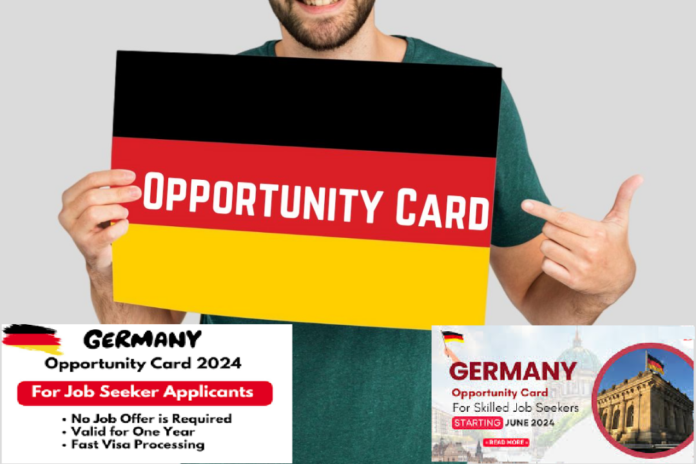Germany, known for its robust economy and innovation, is an attractive destination for skilled immigrants. Here’s a comprehensive guide to job opportunities in Germany:
1. Understanding the Job Market
Germany has a strong demand for skilled workers, especially in sectors like engineering, IT, healthcare, and manufacturing. The country offers numerous opportunities for qualified professionals.
2. In-Demand Professions
Engineering: Mechanical, electrical, and civil engineers are highly sought after.
Information Technology (IT): Software developers, data scientists, and IT consultants.
Healthcare: Doctors, nurses, and medical technicians.
Manufacturing: Skilled labor in automotive, machinery, and electronics.
3. Language Requirements
While many multinational companies use English as a working language, proficiency in German significantly increases your job prospects and ease of integration.
4. Job Search Strategies
Online Job Portals: Websites like Indeed, Monster, and LinkedIn are excellent starting points.
German Job Portals: Explore local job sites like StepStone, Jobware, and Xing.
Company Websites: Check the career sections of major German companies.
Networking: Attend job fairs, professional meetups, and join relevant online forums.
5. Preparing Your Application
CV: Tailor your CV to the German format, highlighting relevant experience and skills.
Cover Letter: Write a concise cover letter in German, emphasizing your motivation and suitability for the role.
Certificates and References: Include copies of your qualifications and professional references.
6. Recognition of Qualifications
If your professional qualifications were obtained outside the EU, you might need to have them recognized in Germany. The process varies by profession, and detailed information can be found on the Recognition in Germany website.
7. Work Visa and Blue Card
To work in Germany, you will need a visa. The most common options are:
- Work Visa: For non-EU nationals with a job offer from a German employer.
- EU Blue Card: For highly qualified professionals, offering a fast-track to residency. Requirements include a recognized university degree and a job offer with a minimum salary.
8. Applying for a Work Visa
Gather Documents: Passport, job offer, proof of qualifications, and financial means.
Application Process: Apply at the German consulate or embassy in your home country.
Processing Time: Visa processing can take several weeks, so apply well in advance.
9. Arrival and Integration
Registration: Within two weeks of arrival, register your address at the local registration office (Einwohnermeldeamt).
Bank Account: Open a local bank account for salary deposits.
Health Insurance: Enroll in a health insurance plan, as it is mandatory in Germany.
10. Living in Germany
- Cost of Living: Be prepared for living expenses, which can vary significantly by city.
- Accommodation: Search for housing through online portals, real estate agents, or local newspapers.
- Cultural Adaptation: Engage in community activities, learn the language, and understand local customs to ease your integration.
Tips for Success
- Language Learning: Take German language courses before and after your move.
- Professional Networks: Join professional associations and local networking groups.
- Continuous Learning: Stay updated with industry trends and continue enhancing your skills.
Germany offers a wealth of opportunities for skilled immigrants. With proper preparation and understanding of the job market, you can successfully navigate your move and build a fulfilling career in this dynamic country.









